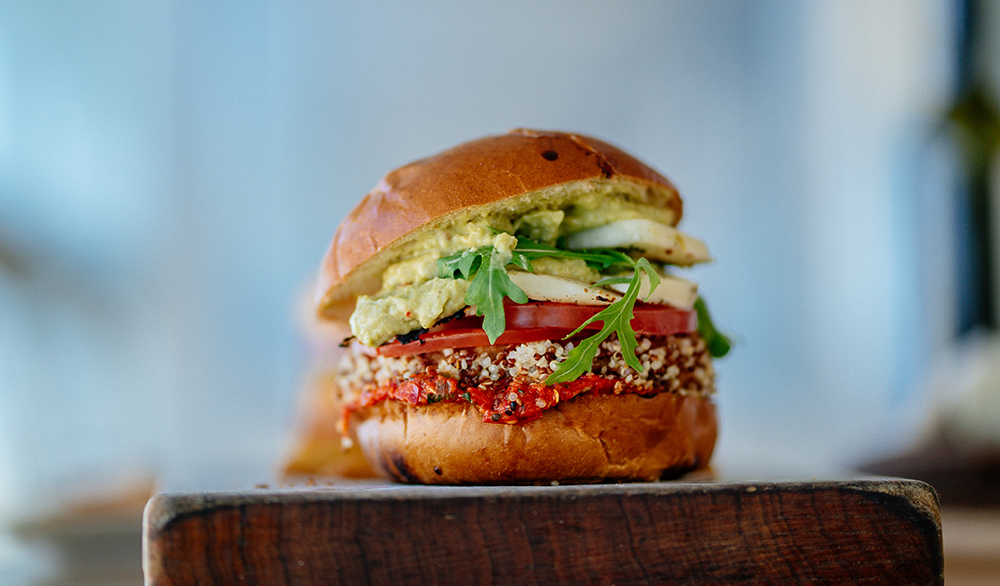First you need to distinguish between the different types of vegetarians, because they are – like everybody – not all the same. There are those who only sometimes say “no” to meat: flexitarians. There’s the so called lacto-ovo vegetarian who does not eat meat but does eat eggs and dairy. Then there are lacto-vegetarians for whom dairy is the only animal product in their diet. The vegan is the strictest and does not eat any animal product.
Replaceable nutrients
With a balanced and well-thought diet you can replace everything that’s not vegetarian. Iron, calcium, protein and omega 3 fatty acids, especially, are nutrients that you might lack as a vegetarian. Luckily all of these are easily replaced by non-animal products. Iron for instance is present enough in beans, cashew nuts, oats, raisins, cabbage and spinach. You will receive calcium from broccoli, Chinese cabbage, spinach, apricots or dates. Hemp seeds, chia seeds and buckwheat are rich in protein. Walnuts, pumpkin seeds, kiwis, algae and flaxseeds are a source of omega 3 fatty acids.
Vitamin B12
In contrast to the above-mentioned nutrients, there are also nutrients that are only present in animal products. An example is vitamin B12, also called cobalamin. This vitamin is important for your immune system, cell metabolism and the production of red blood cells, which in turn are important for the transport of oxygen in the body.
In addition, it is an essential vitamin for the development and functioning of the brain and neurons.
Brain damage
A shortage of vitamin B12 can have big neurological, cognitive and psychological consequences. This is because it plays an important role in the production of myelin, a grease-like material that covers and protects the neural pathways, increasing signal transfer. If there is a vitamin B12 deficit, this layer might get affected, leading to less adequate neural signaling which ultimately may cause tiredness, hallucinations, loss of memory, language disorders and even depression. The brain damage, which appear as white spots on a brain scan, can be irreversible.
Luckily, such symptoms only occur after a longer period of vitamin B12 deprivation. Lacto- and lacto-ovo-vegetarians can prevent this deficit of vitamin B12 by a daily intake of dairy and eggs. If you are vegan, the only way to have enough B12 is by taking supplements. Even as a meat eater you are not guaranteed to uptake enough B12. Digestion or metabolism issues might cause you to take up less of it.
During the summer we’ll republish some of our best blogs that have only been published in Dutch. This is a translation of the formerly published Donders Wonders blog post: Heeft vegetariër zijn gevolgen voor je brein?
More information
Credits
Original author: Mahur Hashemi
Translator: Jill
Editor: Monica
